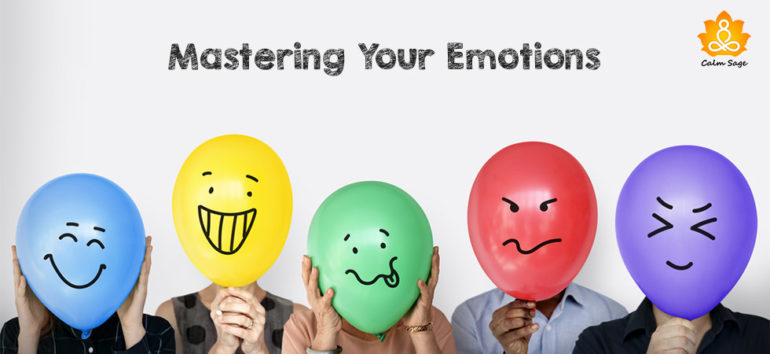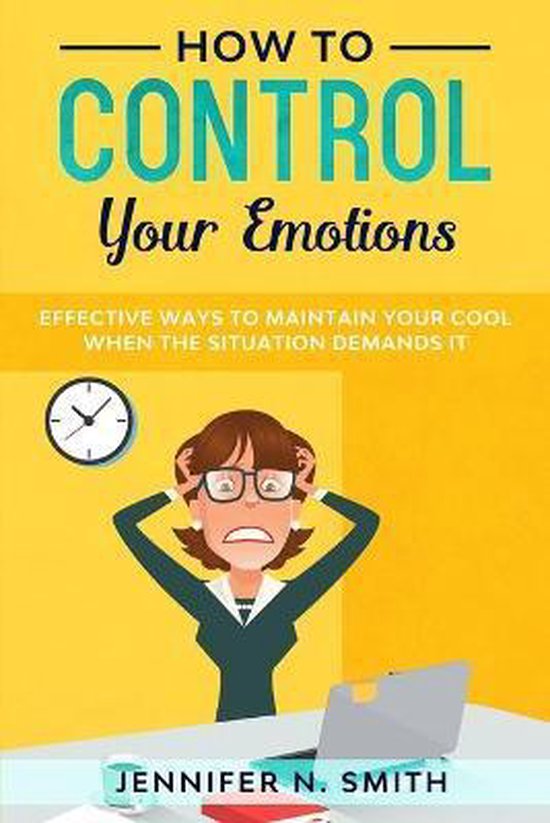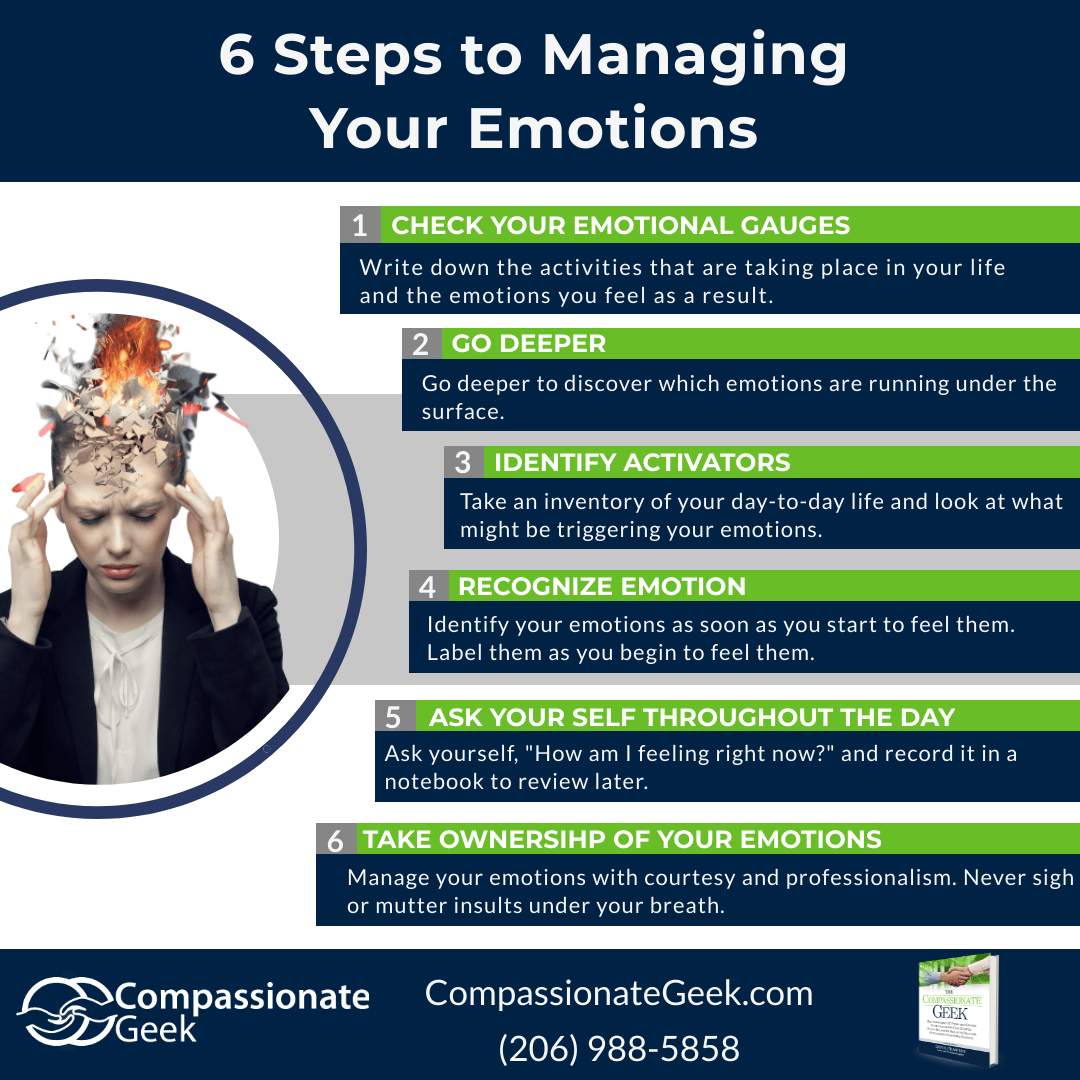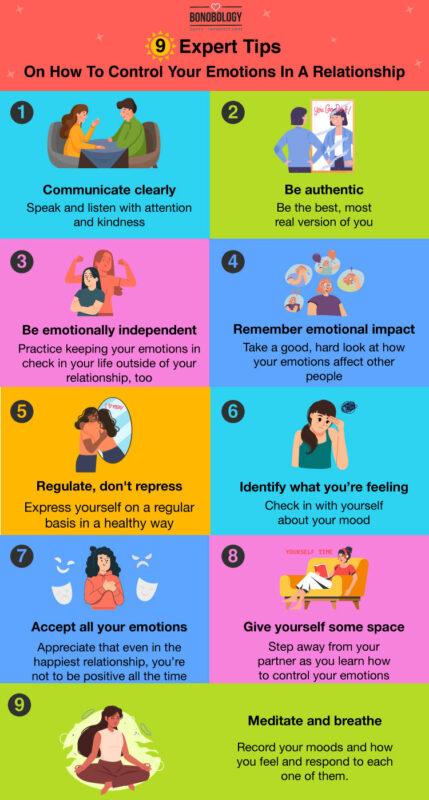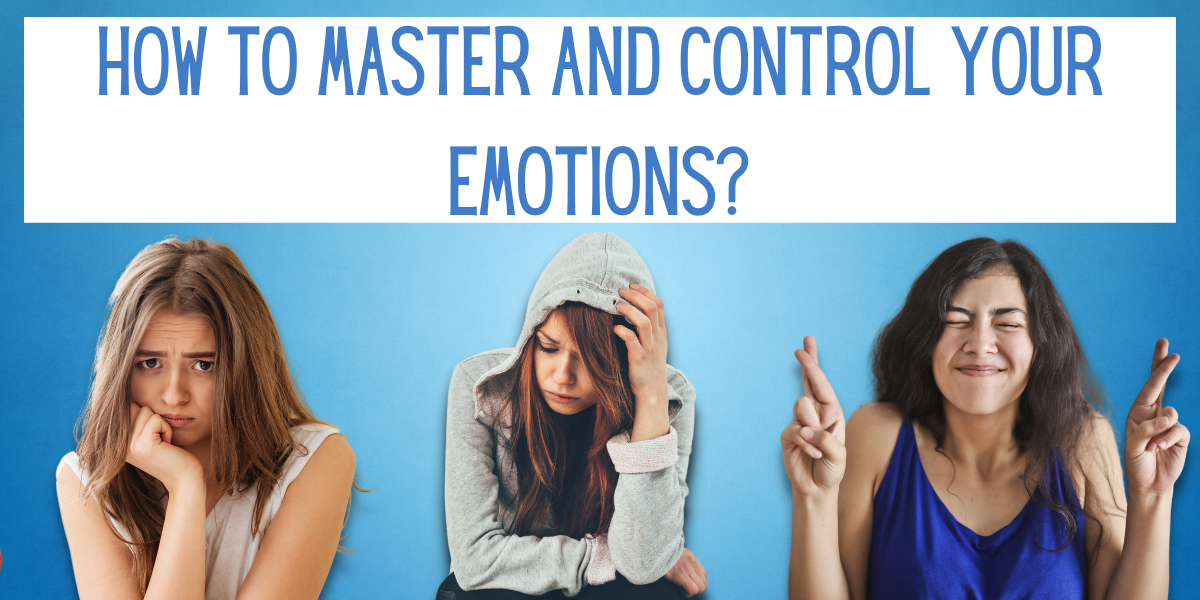How To Better Control Your Emotions
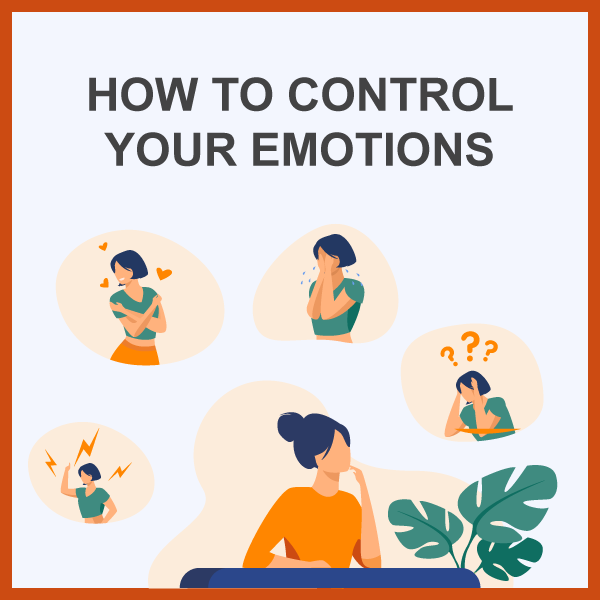
In a world increasingly defined by rapid change, constant connection, and pervasive stress, emotional regulation has emerged as a critical life skill. The ability to manage one's feelings effectively is no longer simply a matter of personal well-being; it directly impacts relationships, professional success, and overall mental health.
This article delves into evidence-based strategies for improving emotional control. It explores techniques ranging from mindfulness and cognitive restructuring to lifestyle adjustments and professional support. The aim is to provide readers with actionable tools to navigate their emotional landscape with greater resilience and awareness.
Understanding Emotional Regulation
Emotional regulation is the ability to manage and respond to emotional experiences in a healthy and adaptive way, explains Dr. Susan David, a Harvard Medical School psychologist and author of "Emotional Agility." It involves understanding your emotions, accepting them without judgment, and choosing how to respond rather than reacting impulsively.
According to the American Psychological Association (APA), effective emotional regulation is not about suppressing feelings. Instead, it's about modulating their intensity and duration, and expressing them in a way that is appropriate for the situation.
Mindfulness and Meditation
Mindfulness practices have proven to be valuable for emotional regulation. Mindfulness involves paying attention to the present moment without judgment, which allows individuals to become more aware of their emotional triggers and responses. This awareness is the first step in managing those reactions.
Studies published in the Journal of Consulting and Clinical Psychology demonstrate that mindfulness-based interventions can reduce symptoms of anxiety and depression. These programs also teach individuals to observe their thoughts and feelings without getting caught up in them.
Cognitive Restructuring
Cognitive restructuring is a technique used in Cognitive Behavioral Therapy (CBT). It involves identifying and challenging negative or distorted thought patterns that contribute to emotional distress.
Dr. Aaron Beck, considered the father of CBT, emphasized the importance of recognizing and modifying automatic negative thoughts. By changing these thought patterns, individuals can alter their emotional responses.
For example, if someone experiences anxiety before a presentation, they might identify the thought "I'm going to fail." Cognitive restructuring would involve challenging this thought by asking, "What evidence supports this? What evidence contradicts it? Are there other possible outcomes?"
Lifestyle Adjustments
Physical health and lifestyle choices play a significant role in emotional regulation. Regular exercise, a balanced diet, and sufficient sleep are essential for maintaining emotional equilibrium.
Research indicates that exercise releases endorphins, which have mood-boosting effects. Furthermore, sleep deprivation can impair emotional processing and increase irritability.
The Mayo Clinic recommends aiming for at least 7-8 hours of sleep per night and engaging in at least 150 minutes of moderate-intensity aerobic exercise per week for optimal mental and emotional well-being.
Seeking Professional Support
For some individuals, emotional regulation challenges may be significant and require professional intervention. Therapists and counselors can provide guidance, support, and evidence-based techniques to manage difficult emotions.
Cognitive Behavioral Therapy (CBT) and Dialectical Behavior Therapy (DBT) are two common therapeutic approaches used to enhance emotional regulation skills. DBT, in particular, focuses on teaching skills such as mindfulness, distress tolerance, emotion regulation, and interpersonal effectiveness.
According to the National Institute of Mental Health (NIMH), seeking professional help is a sign of strength, not weakness. It demonstrates a commitment to improving one's mental and emotional well-being.
Building a Support System
Having a strong support system can provide emotional validation and reduce feelings of isolation. Connecting with trusted friends, family members, or support groups can offer a sense of belonging and understanding.
Sharing your emotions with others can help process them and gain new perspectives. It can be as simple as talking to a trusted friend or family member.
The Substance Abuse and Mental Health Services Administration (SAMHSA) promotes the importance of social support in maintaining mental health and well-being.
Conclusion
Mastering emotional regulation is an ongoing process that requires self-awareness, patience, and a willingness to learn and adapt. By incorporating mindfulness practices, cognitive restructuring techniques, healthy lifestyle choices, and professional support when needed, individuals can cultivate greater emotional resilience and lead more fulfilling lives. Embracing these tools empowers individuals to navigate the complexities of the human experience with greater control and compassion.



